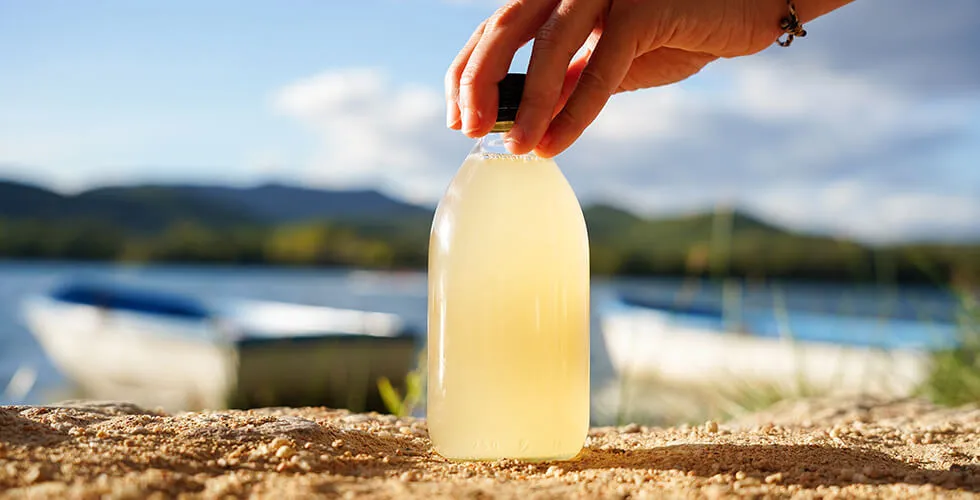
Gut-friendly sodas like Poppi, Olipop, and Culture Pop are exploding in popularity—but do they deliver on their health claims, or is it all just fizzy hype?
Let’s break it down. Probiotic sodas contain live bacteria that support a healthy gut microbiome—much like yogurt, kefir, or kombucha. Prebiotic sodas, conversely, contain special fibers (usually inulin from chicory root or cassava) that feed the good bacteria already living in your gut. Both are crucial, but they’re not the same thing.
Interestingly, many brands combine prebiotics and probiotics in one can. Sounds like a win. Maybe. While the prebiotic fiber can help boost your daily intake (some cans contain up to 9 grams—about a third of your daily goal), the probiotics may not be as effective. Many live bacteria don’t survive the harsh stomach environment, so they may not reach your colon, where they’re most needed.
Still, these bubbly alternatives can be a smart swap if you’re trying to curb your soda habit. They typically have just 2–6 grams of sugar per can—compared to the 35+ grams in a regular soda. That alone is a gut-friendly move.
But here’s the key: Don’t rely on them as your primary fiber or gut support source. Whole foods—like beans, berries, bananas, and greens—offer a broader range of nutrients and fiber types. Dietitian Cindy Chou recommends using these sodas as a supplement, not a shortcut.
Prebiotic and probiotic sodas can be a fun, tasty part of your wellness routine, especially if you’re ditching sugary sodas. Remember, good gut health’s foundation still starts with real, whole foods.

